Use cases
Data Management
Dipcan, a multi-omics intelligence platform for personalized medicine in oncology
Dipcan study promotes personalized medicine via the integrated analysis of clinical, genomic, histopathological, and radiomic data from 2000 patients with non-hematological metastatic cancers.

Location
Spain
Size
Harmonized over 60TB of data from more than 130 hospitals, integrating more than 29different health data types sources
About
Dipcan is the largest publicly funded project in Spain for an artificial intelligence (AI) oncology platform. The project has the presence of Eurofins Megalab, MD Anderson International Foundation Spain and five SMEs, and counts with €7,5M in funding from the European Union through the Spanish Ministry of Economic Affairs and Digital Transformation.
Project
Collaborative omic data integration: advancing in precision oncology
Multidisciplinary cancer care needs holistic views, integrating omic data. Individual data is insufficient, but integration clarifies disease causes and treatment responses. Complex data standardization is vital. The Dipcan App streamlines patient registration, data retrieval, and follow-up. It provides PDF reports and facilitates communication. Data is automatically saved and structured on Genomcore's platform, enabling AI modeling and custom workflows.
Genomcore’s platform offers a GDPR and HIPAA-compliant framework for the store, management, standardization and integration of all kinds of datasets.
Multi-omics data has the potential to redefine the precision oncology paradigm. Dipcan is a project where 7 leading institutions in Spain join forces to enhance the understanding of cancer in individual patients for earlier and more accurate diagnosis, targeted treatment, and a multidimensional analysis of tumor data. Here, the AI models contribute to the development of national health strategies to manage these diseases in a more cost-effective manner.

“I believe the time has come to systematize the collection of this data in an intuitive, agile way that does not depend so much on the subjectivity of the doctor collecting it, and that specially will allow us to analyze and interpret this data in the future.”

